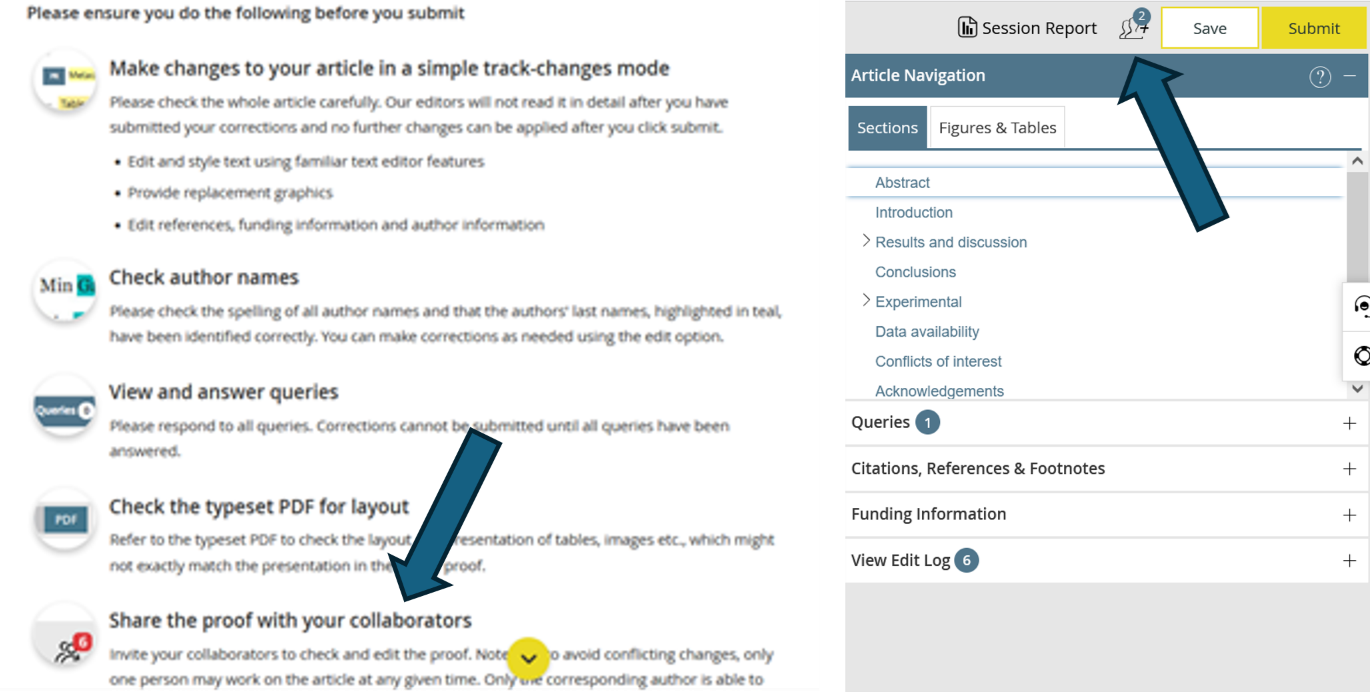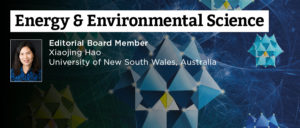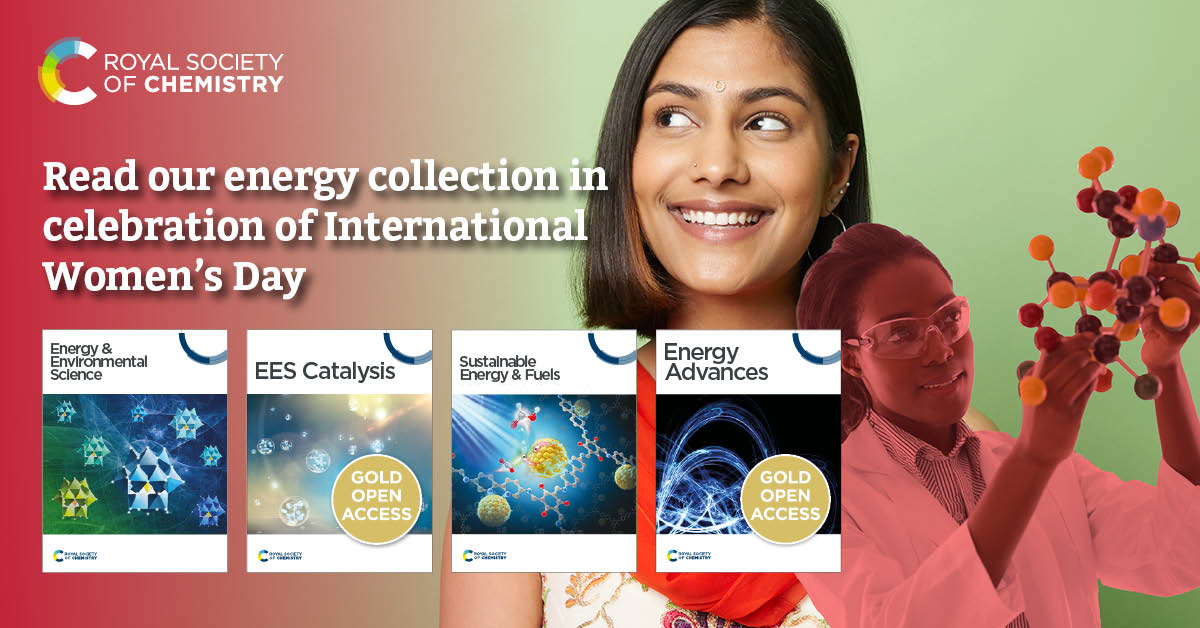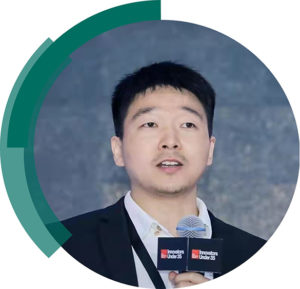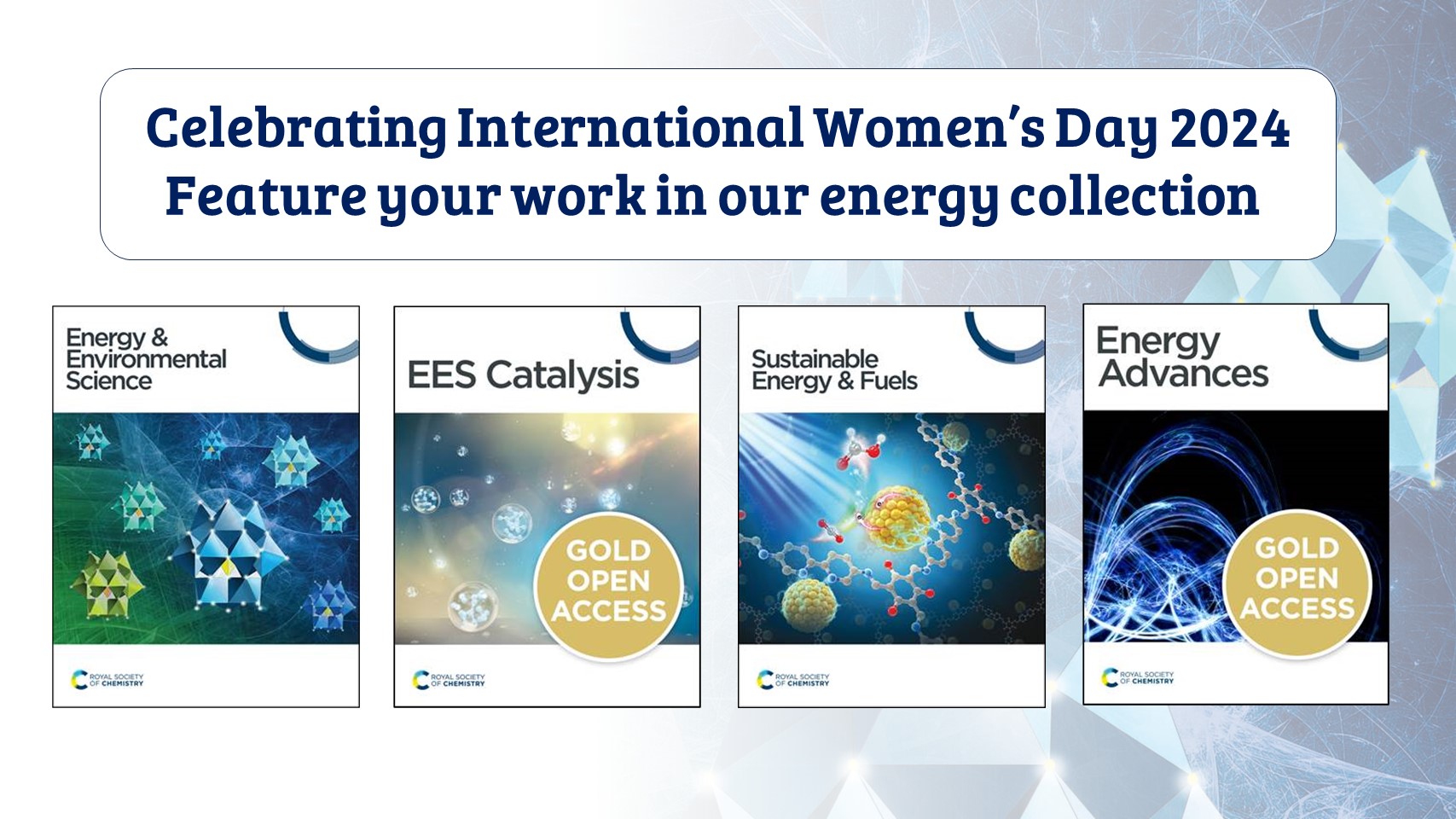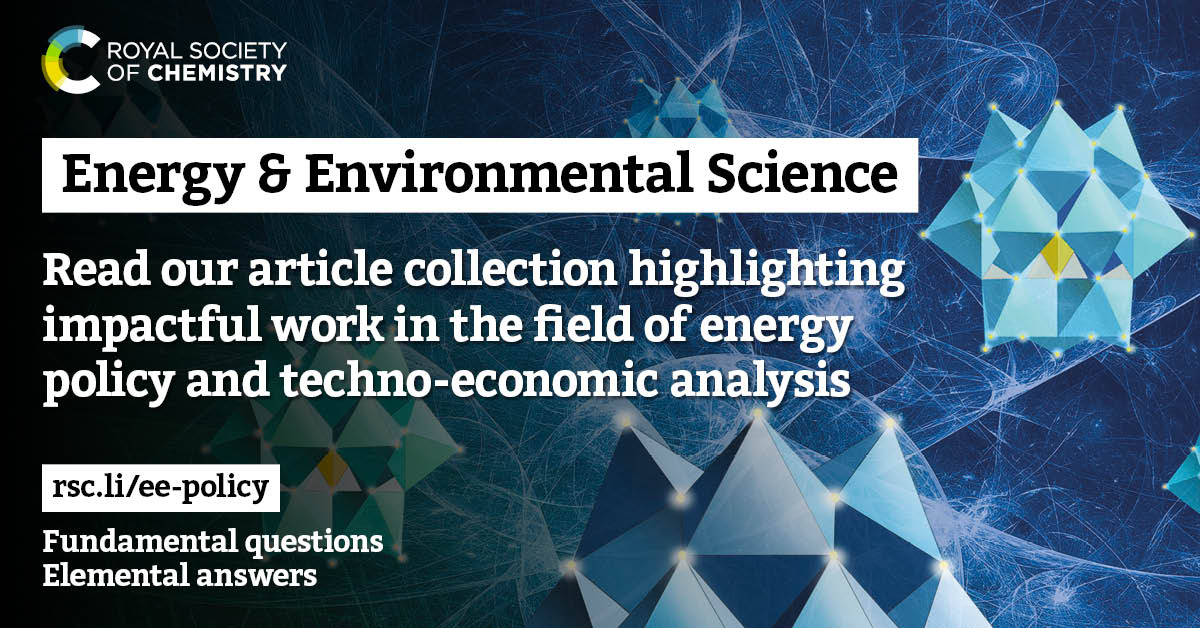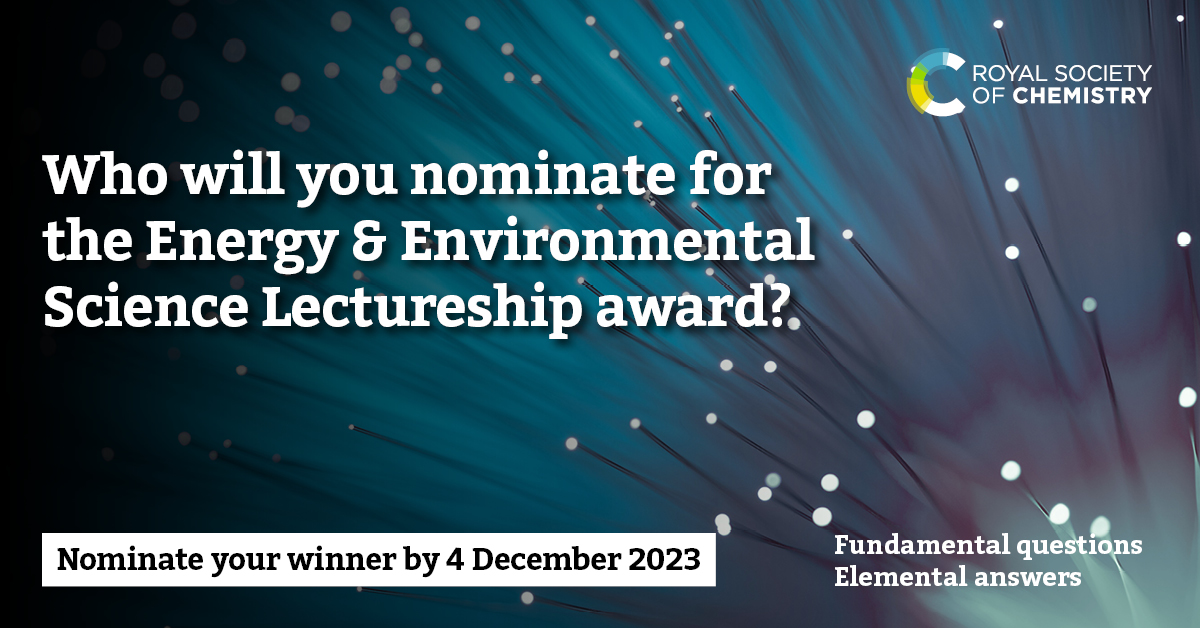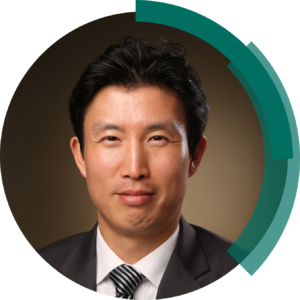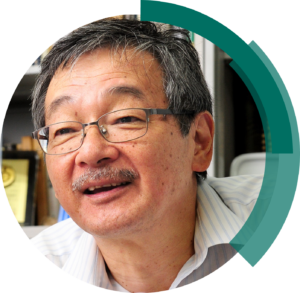We are delighted to announce that the 2025 EES Lectureship has been awarded to Professor Derya Baran
Established in 2012, the Lectureship recognises outstanding emerging investigators working in an energy research topic within the scope of Energy & Environmental Science (EES), providing a platform to showcase their research to the wider scientific community. The EES Lectureship is awarded annually through a process whereby nominations of candidates are made by you – our fantastic community.
This year’s EES Lectureship winner is Professor Derya Baran!
Derya Baran, rooted to Turkey, is an Associate Professor in the Materials Science & Engineering Program at King Abdullah University of Science and Technology (KAUST), with joint appointments in the Chemistry and Computer & Electrical Engineering programs. Her research group OMEGALAB (https://www.omegalabresearch.com/) focus on engineering hybrid and organic solution processed semiconductors for energy capture and conversion. Baran was elected a Fellow of the Royal Society of Chemistry in 2022, received Talented 12 Chemists recognition given by American Chemical Society and C&EN in 2020 and she is part of Global Young Academy (GYA) to give more voice to early career scientists across the globe. She co-founded ‘iyris’, where she serves as the Chief Engineer, advancing materials for sustainable technologies for hot climates. Her accolades involve Boston Consultancy Group V60 Innovators Award and Climate Action 15 ambassador listed in Business Insider in 2024. Baran is an elect member of Board of Directors of Materials Research Society (MRS), the largest materials science community globally.
“I am humbled and honoured to receive the 2025 EES Lectureship. I would like to thank my team members (from OMEGALAB) for sharing the passion with me for a better world and my mentors for supporting me during my academic journey.” – Professor Derya Baran, King Abdullah University of Science and Technology
Read Derya’s recent work in the journal:
Elucidating the role of heterojunction in pristine non-fullerene acceptor organic solar cells
Anirudh Sharma, Julien Gorenflot, Han Xu, José P. Jurado, Shahidul Alam, Diego Rosas Villalva, Xun Pan, Jules Bertrandie, Prem D. Nayak, Yakun He, Maryam Alqurashi, Ying Luo, Mats R. Andersson, Oskar J. Sandberg, Frederic Laquai and Derya Baran
Energy Environ. Sci., 2025,18, 7610-7623. DOI: 10.1039/D5EE02324F
Luis Huerta Hernandez, Luis Lanzetta, Anna M. Kotowska, Ilhan Yavuz, Nikhil Kalasariya, Badri Vishal, Marti Gibert-Roca, Matthew Piggott, David J. Scurr, Stefaan De Wolf, Martin Stolterfoht and Derya Baran
Energy Environ. Sci., 2025,18, 4787-4799. DOI: 10.1039/D5EE00632E
Synergistic cooperation between photovoltaic and thermoelectric effects in solar cells
Ping Fu, Dong Yang, Yihua Chen, Ruixue Lu, Md Azimul Haque, Yucheng Liu, Yaoyao Han, Hui Li, Ruotian Chen, Jieqiong Liu, Wei Qin, Luis Huerta Hernandez, Fengtao Fan, Kaifeng Wu, Derya Baran, Huanping Zhou and Can Li
Energy Environ. Sci., 2025,18, 7082-7088. DOI: 10.1039/D5EE01548K
On behalf of the Energy & Environmental Science (EES) Editorial Board and Editorial Office, we extend our sincerest congratulations to Derya and wish her continued successes!












